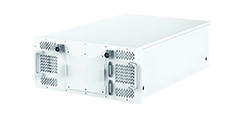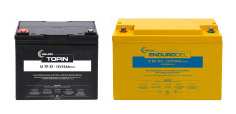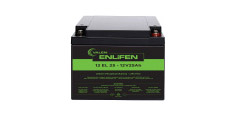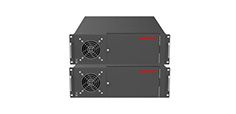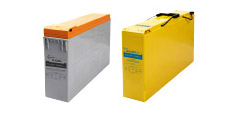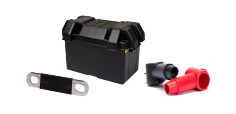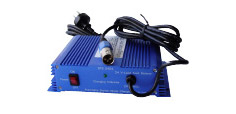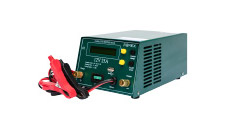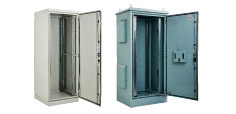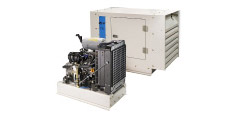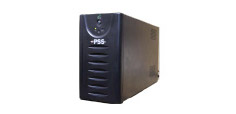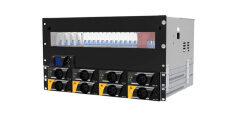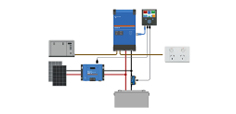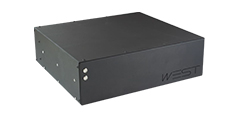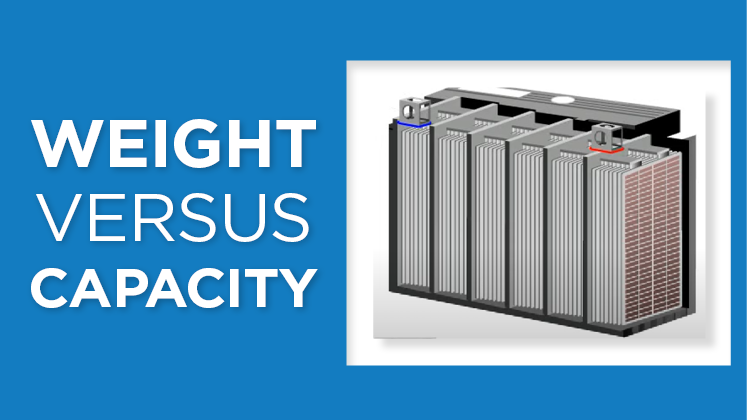Weight Vs Capacity in Batteries. Lead Acid Batteries are heavy! In fact, the heavier the battery, the better…
In this blog, the team at Valen highlight some of the reasons around weight in the Lead Acid Battery and how it affects the Batteries capacity.
So why are Lead Acid Batteries so heavy?
The answer is in the name.. ‘Lead’ gives the battery its weight.
A Lead Acid battery can be automotive, Wet, AGM (Absorbent Glass Mat), Gel, OPzV, or Hybrid technology. However, all these technologies rely on a good quality lead plate to perform to their rated capacity.
Therefore, there is a direct correlation between the weight of a battery and its capacity. The thicker and heavier the lead plate inside the battery, the higher the capacity and better the performance.
Manufacture of Lead Acid Batteries
Lead Acid Batteries are manufactured using several lead plates in each battery cell. These plates are stacked side by side with the active ingredient in between, this may be AGM, Gel etc…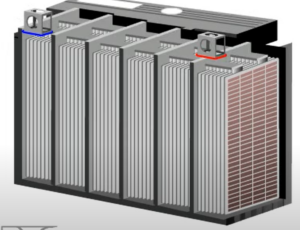
Should the lead plates be thinned out, the capacity and the rate that the capacity is released will be dramatically reduced.
Thinner plates will cause a weaker chemical reaction and therefore, a slower discharge rate.
Lead is a malleable material, so the thinner the plates, the more chance there is of distortion.
Distortion can occur for several reasons; overcharge or discharge, external heat, or constant movement.
Once there is a distortion in the lead plate, it may come in contact with an adjacent plate, causing an internal battery short (also known as a ‘dropped cell’). The short will cause the battery to be rendered useless.
So why would manufacturers thin the Lead plates?
Generally, it comes down to price. Thicker lead plates will mean a dearer Lead Acid Battery.
During the lead crisis, when the price of lead skyrocketed, some manufacturers used this technique to stabilise the costs of their Lead Acid batteries. Which ultimately resulted in the market being flooded with inferior quality batteries.
Today, many of the Lead Acid Batteries with thicker plates will bear the inscription ‘heavy duty’ to differentiate them from the run of the mill batteries. Remember, the pain of poor quality is felt long after the sweetness of a low price!
How do I know if my battery will perform at its true Capacity?
As mentioned above, the weight of the battery can be checked against the weight stated in the Batteries specification sheet. However, during the lead crisis, certain manufacturers used alternative materials, such as glass, which costs less than lead, to help increase the weight of the batteries.
So a cyclic discharge test is often the best way to ascertain the batteries actual performance. Proof of performance in the field will also determine that you have received the battery you paid for.
want to find out more?
Valen is here to support you! Reach out to the Valen Team on 1300 734 253 or via our quick and easy Contact Us form and one of the friendly team will answer your questions.


